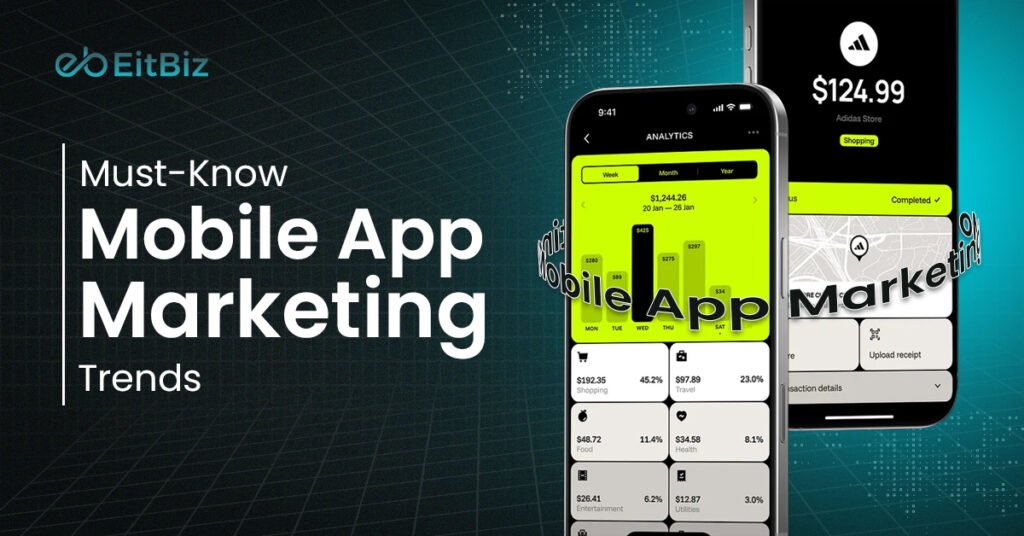You’re a startup (obviously, that’s why you’re here) and planning to ace the digital game, right?
But here’s the real deal!
You cannot just wait for overnight results to happen! It takes time and demands robust digital transformation strategies.
Let’s face the fact!
Digitally transformed businesses (whether startups or SMEs) are likely to contribute $53.3 trillion to GDP. Thus, it simply means that businesses are booming and likely to dominate the market like anything else.
But not every startup enjoys the wheel of fortune!
As per the report, only 53% of businesses have a dedicated digital transformation strategy, while others are still lagging.
Reason? Well, there are endless!
It all boils down to no proper plan, hardware & software issues, no data backup, using old or irrelevant tech, lack of mobile-friendliness, and more.
But don’t worry!
In this blog post, we’ll discuss the top 7 expert-backed and winning digital transformation strategies for your startup or medium-scale business.
Why is Digital Transformation Strategy Important?
To put it simply, a digital transformation strategy refers to the methodology or approach that companies use to improve efficiency and streamline their business operations. Furthermore, it doesn’t just include a pre-defined strategy; it’s all about leveraging digital platforms, tools, and technologies while creating a competitive edge. Now, let’s talk about the factors that make it incredibly important.
#1. Enhances Operational Efficiency
Using a robust set of digital tools can significantly streamline processes, reduce workloads, and eliminate redundancies. Let’s say your company invests 8-9 hours daily to perform monotonous tasks like invoicing and inventory management. When you leverage these tools, they can handle these tasks so employees can focus more on strategic initiatives.
#2. Cost Savings
Though businesses are afraid to invest in digital tools at the initial stage, the results outweigh the costs in the long run. When you incorporate digital tools like cloud-based solutions, it significantly eliminates the need for expensive IT infrastructure, which allows your business to distribute resources efficiently.
#3. Enhanced Customer Experience
Irrespective of your business, every customer demands personalized and seamless interactions. When you leverage digital tools like CRM software, you can better understand your customers’ needs, watch out for trends, and deliver an exceptional service.
{Also Read: A Founder’s Guide to Software Development for Startups}
#4. Facilitates Growth & Stability
With the right digital transformation strategy, you may have access to the tools required to scale the operations. For example, when you allow businesses to leverage “cloud computing”, they can easily expand their storage and computing power as they grow.
#5. Stay Competitive
If you don’t adhere to the digital transformation, your business might end up lagging behind its competitors. However, when you regularly stay updated with a modern digital marketing strategy, you can always rest assured that you will have an edge over your competition.
Now that you have learned the importance of digital transformation in 2025, it’s time to unwrap the 7 top strategies that can reshape your digital presence.
What are the Top 7 Best Digital Transformation Strategies for Startups & SMEs?
Digital transformation isn’t just for big corporations with massive budgets. For startups and SMEs, it’s the difference between struggling to keep up and leading the pack. The good news? You don’t need endless resources to embrace digital tools.
Here are seven powerful strategies that can help your small business grow faster, work smarter, and deliver more value to customers.
Strategy #1: Start with a Cloud-First Approach
Instead of sinking money into bulky servers and costly maintenance, take your business to the cloud. Cloud services let you store, share, and manage data without worrying about physical space or high IT expenses. Whether it’s AWS, Google Cloud, or Microsoft Azure, you can scale up or down as needed and collaborate with your team from anywhere. For a startup or SME, that kind of flexibility isn’t just convenient, it’s a game-changer.
Strategy #2. Task Automation
Time is your most valuable currency, and business automation helps you spend it wisely. By automating repetitive tasks like email marketing, invoicing, and customer service, you free your team to focus on strategy and innovation. Tools like HubSpot, QuickBooks, and AI-powered chatbots can work quietly in the background, reducing human error and ensuring your business runs smoothly even while you sleep.

Strategy #3. Data-Driven Decisions
Gut feelings are great, but in business, data tells the real story. Using analytics tools, you can understand your customers’ behavior, spot trends early, and make decisions that actually move the needle. Google Analytics, Mixpanel, or Power BI can help you see what’s working, what’s not, and where to focus next. The more your decisions are rooted in real data, the faster you can grow with confidence.
Strategy #4. Put Cybersecurity at the Forefront
One cyberattack can set a small business back months or even close it for good. That’s why you should treat cybersecurity as a priority, not an afterthought. Start with strong passwords and multi-factor authentication, back up your data regularly, and invest in affordable protection like Bitdefender or Cloudflare. It’s much cheaper to prevent a breach than to recover from one.
Strategy #5. Work the Agile Way
Markets change fast, and your business needs to keep up. Agile workflows let you adapt quickly, experiment with new ideas, and get customer feedback without waiting months for results. Whether you use Scrum, Kanban, or your own hybrid system, the goal is the same: work in short, focused bursts, review the results, and adjust as you go. It’s a mindset that keeps you flexible and competitive.
Strategy #6. Foster Digital Customer Experience
In today’s world, your website is often your first handshake with a customer, so make it count. A mobile-friendly, easy-to-navigate site builds trust instantly. Add in personalized emails, fast-loading pages, and a seamless checkout process, and you’ve just made life easier for your customer. The smoother the online journey, the more likely people are to stick around and buy from you again.
{Also Read: Custom website vs. Template: Which Website Approach Works Best for Startups?}
Strategy #7. Introduce Emerging Tech
You don’t need to dive headfirst into AI Development, AR, or IoT Development to benefit from them. Start small. Maybe it’s an AI chatbot that answers questions instantly, or an AR feature that lets customers preview products before buying. Gradual adoption lets you test what works for your audience without overwhelming your budget or your team. Over time, these small tech upgrades can put you far ahead of competitors.
Final Thoughts
So, there you have it! That’s a wrap on the top 7 winning digital transformation strategies for startups and SMEs! Whether you have started or are planning to give a boost to your business, it’s wise to check out these strategies that can take your digital game to the next level.
If you don’t have enough time but want to transform your startup digitally, always hire the right professional assistance. This is where the importance of EitBiz comes in!
We are a leading digital transformation agency that specializes in crafting tailored digital solutions that help startups thrive. From custom software and startup mobile app development to automation and cloud integration, we guide you through every stage of your transformation journey. Our goal is simple: empower your startup to grow faster, smarter, and stronger.
Ready to future-proof your business? If so, call us at +1(317)463-7064 to get a free consultation with our digital transformation experts.





